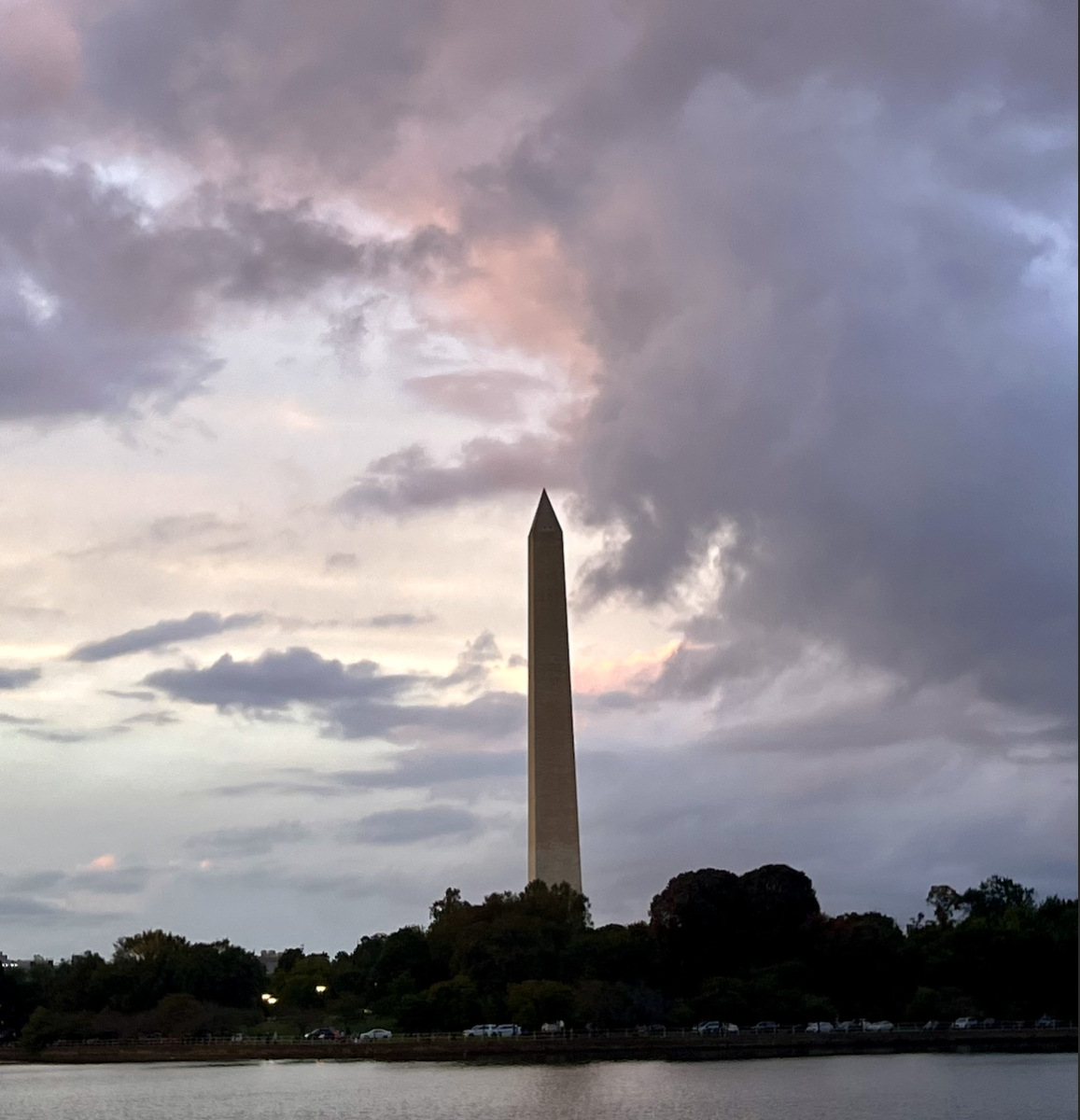In light of the recent result of the presidential election, many pose the question: how might the largest provider of financial aid for college in the U.S. change? The Free Application for Financial Aid, otherwise known as FAFSA, is a detrimental factor for many students across the country, as it assists those in need in affording college and their future careers. Through the distribution of grants, scholarships, work-study funds, and loans, prices for college are significantly reduced. Anyone can apply for FAFSA, regardless of income, and their eligibility for federal, state, and school financial aid programs will be determined. After completing the form, students choose up to twenty schools that will receive the same information from their application in order for each school to calculate the student’s aid.
FAFSA provides equity to disadvantaged students, as it proposes many solutions to various economic issues. However, newly-elected President Donald Trump’s predicted policies may falter millions of students’ dependence on financial aid such as FAFSA. Trump has indirectly shown his potential plan regarding student debt relief, loan forgiveness, and overall federal financial aid. In June of 2023, the Supreme Court struck down former President Joe Biden’s attempt to cancel up to $10,000 of student debt for low and middle-income borrowers and eliminate more than $400 billion in student loans for about 40 million Americans. Trump called the decision a “massive win” that prevented “unconstitutional student loan gimmick.” Furthermore, during Trump’s first presidency, his federal budget proposals slashed funding to federal student aid programs, including Public Service Loan Forgiveness (PSLF) and Federal Work Study (FWS). Federal Work-Study provides part-time jobs for undergraduate and graduate students with financial needs, allowing them to help pay education expenses through earned money. The program supplies roughly $1 billion annually to about 600,000 students on over 3,000 campuses nationwide, covering up to 75% of student participants’ on-campus wages. The Republican party’s opposition to student loan forgiveness would also be reinforced by Trump, faltering millions of students’ dependence on financial aid such as FAFSA.
The Federal Department of Education is not exempt from Trump’s precedent-predicted agenda of abolishing educational funding. Historically, Trump has flaunted his desire to defund and ultimately close the Department of Education. At a Wisconsin rally in September, Donald Trump expressed that he wanted to shut down the Department of Education should he return to office. “I’m dying to get back to do this,” he said. “We will ultimately eliminate the federal Department of Education.”
Although Trump’s agenda seems devastating, abolishing a federal agency would require an act of Congress. Even with both chambers being majority Republican, passing legislation to close the Department of Education would be exceedingly complex. During Trump’s first term as president, his administration proposed merging the Education and Labor departments into one federal agency. Though Republicans controlled both the Senate and House of Representatives at the time, the proposal did not go anywhere. He also proposed cutting the Department of Education’s budget by $5.6 billion, yet Congress ultimately increased funding.
Students at B-CC share their thoughts regarding the anticipated changes; Junior Maya Fritz shared, “FAFSA helps millions of students afford college each year. Getting rid of it would mean getting rid of equality.” Various students rely on financial aid to get into preferred, dream, and outstanding colleges. With the potential extermination of the Federal Department of Education, College and Career Information Coordinator Ms. Heald predicts that more students will consider community college. She further explains that a large portion of B-CC’s student body receives financial aid for college: she estimates, “about thirty to forty percent, probably through FAFSA or scholarships.” Financial Aid for college extends out to the whole country, defunding and closing the Education Department could decimate college affordability for low to middle-income students.
The future of FAFSA remains uncertain, as discussions about its potential elimination under proposed policies by President Trump raise significant concerns for students, educators, and communities at B-CC and nationwide. Ms. Heald and Maya Fritz’s thoughts highlight how critical FAFSA has been in bridging the financial gap for college-bound students, making higher education accessible for many. The proposal to abolish the Federal Department of Education and defund essential programs like FAFSA would not only reshape the educational landscape but also risk limiting opportunities for countless students nationwide. As debates continue, B-CC and the rest of the country watch closely to witness either the progression or regression in policies that support equitable access to education.








































